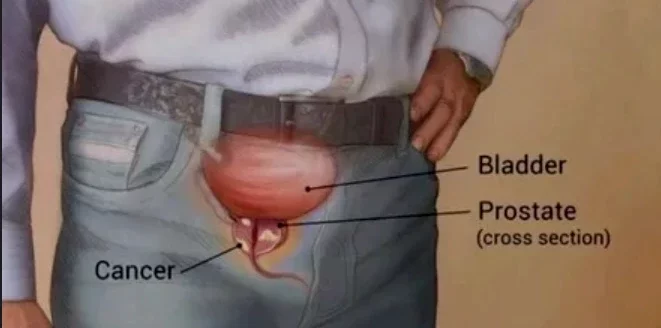Constant waist pain can significantly impact an individual's daily life and well-being. Often stemming from poor posture, sedentary lifestyles, or underlying conditions, identifying the causes and adopting appropriate remedies is crucial for finding relief and preventing further discomfort. In this comprehensive article, we explore common habits that lead to persistent waist pain and provide practical tips to help alleviate and prevent it.

1. Poor Sitting and Standing Posture:
One of the leading contributors to waist pain is incorrect posture. Slouching or sitting for prolonged periods with improper spinal alignment can strain the muscles and joints around the waist area. Similarly, standing for extended periods with an exaggerated arch in the lower back can lead to discomfort according to Healthine. Maintaining good posture, with a straight back and shoulders relaxed, is essential to alleviate waist pain.
2. Sedentary Lifestyle:
A sedentary lifestyle, characterized by excessive sitting and minimal physical activity, can weaken the muscles and ligaments supporting the waist area, leading to chronic pain. Regular exercise, including stretching, strengthening exercises, and cardiovascular activities, helps improve muscle tone, flexibility, and overall posture, reducing the risk of pain according to medicalnewstoday
3. Lifting Heavy Objects Incorrectly:
Improper lifting techniques, such as bending from the waist instead of the knees, can strain the muscles and discs in the lower back, resulting in waist pain. When lifting heavy objects, it is crucial to maintain a straight back, engage the leg muscles, and distribute the weight evenly. Using equipment like lifting belts can add extra support and reduce the risk of injury.
4. Excessive Weight and Obesity:
Carrying excess weight significantly increases pressure on the waist area, leading to chronic pain. Maintaining a healthy weight through a balanced diet and regular exercise can help alleviate strain on the waist and reduce pain. Incorporating low-impact activities, such as swimming or cycling, can be beneficial for individuals with waist pain and discomfort.
5. Emotional Stress and Tension:
Emotional stress and tension can manifest physically, often resulting in muscle tension and increased pain sensitivity. Chronic stress can contribute to waist pain and its persistence. Practicing stress management techniques such as meditation, deep breathing exercises, and engaging in activities that promote relaxation and well-being can help alleviate waist pain caused by stress.
6. Inadequate Core Strength:
A weak core can lead to the pelvis tilting forward, causing an imbalance in the weight distribution across the waist area. Strengthening the core muscles, including abdominal and back muscles, can provide stability to the spine and reduce the risk of waist pain. Exercises such as planks, bridges, and bird-dogs can help improve core strength and alleviate discomfort.
7. Inflammatory Conditions and Injuries:
Certain underlying medical conditions, such as arthritis, herniated discs, or muscle strains, can cause chronic waist pain. It is crucial to seek medical evaluation and appropriate treatment for these conditions. A healthcare professional may recommend therapies, medications, or physical therapy exercises specific to the underlying cause.
















Comments